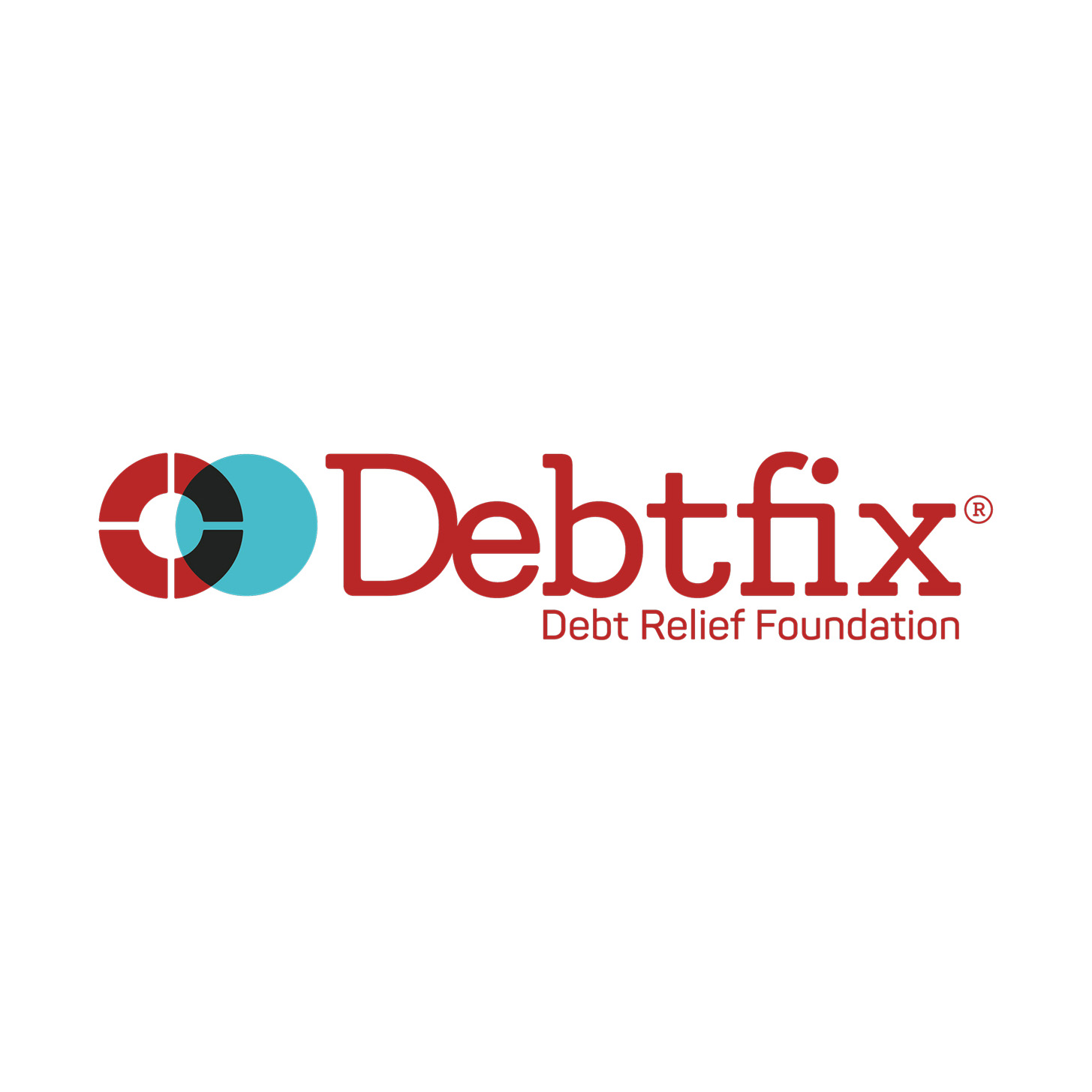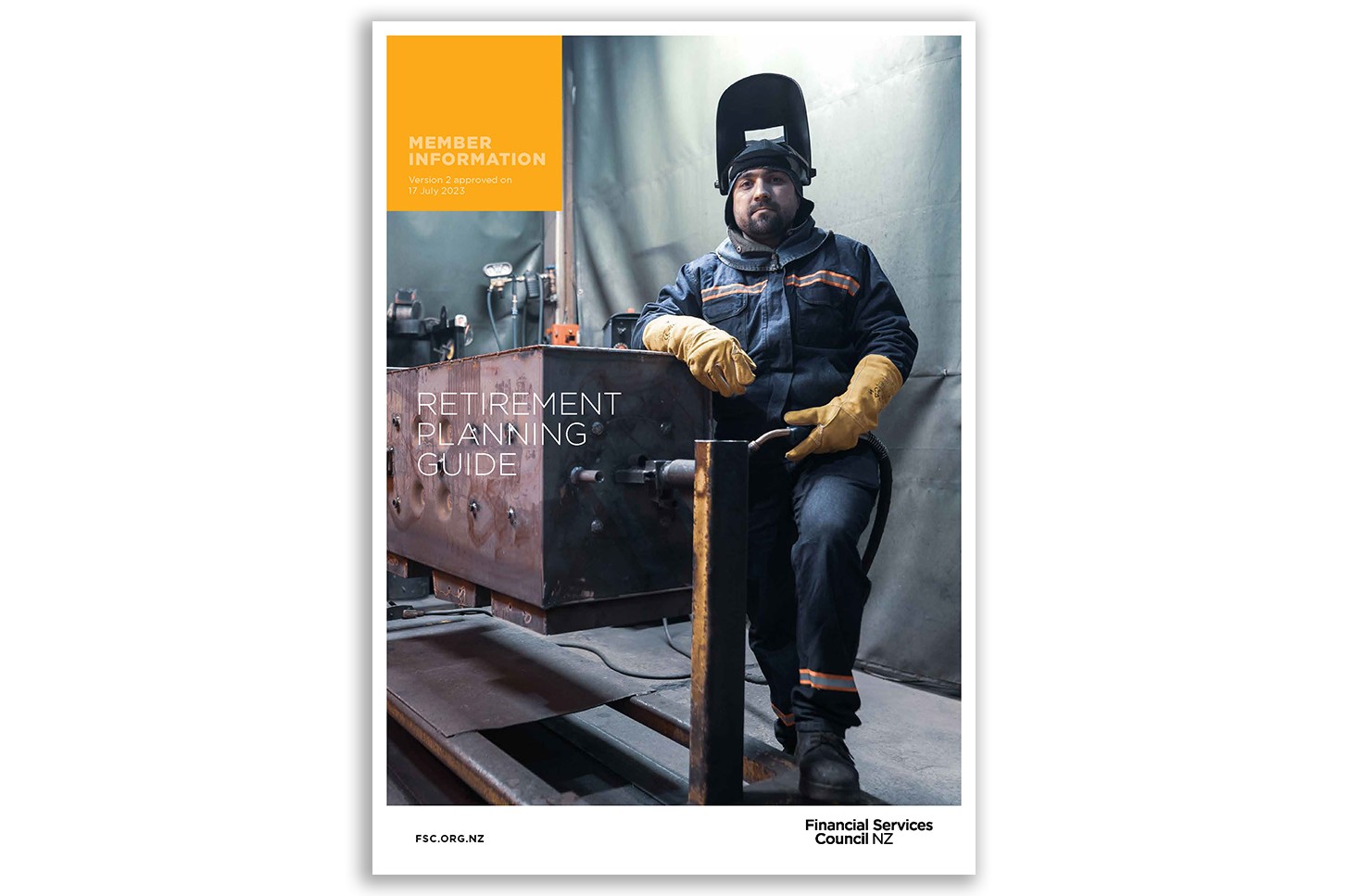
A Transparent Approach by Christian KiwiSaver Scheme
In today’s world, ethical considerations have become increasingly important for investors, and Christian KiwiSaver Scheme stands out as a beacon of transparency and integrity. Our organisation prioritises ethical investment practices and is committed to aligning its investments with its principles. Recently, Mindful Money identified Christian KiwiSaver Scheme‘s portfolio, as having concerns regarding investments in fossil fuels, weapons, and human rights violations. Christian KiwiSaver Scheme does not shy away from the discussion but instead seizes the opportunity to reaffirm its commitment to ethical investment and transparency.
We appreciate the Mindful Money website as a resourceful platform. However, our investment choices are not solely based on their standard for ethical investment. We rely on our in-house expertise and advice from an international corporate governance specialist to make well-informed decisions. As a Christian organization, we prioritise investing in companies that are committed to transitioning to better practices. We firmly believe in a long-term, sustainable approach to transitioning to more ethical and sustainable future.
Christian KiwiSaver Scheme‘s approach is based on dedication to ethical principles. Our organisation regularly monitors its holdings and welcomes feedback from third-party organizations such as Mindful Money to ensure that its investments reflect its values. When ethical concerns are raised, each flagged company is subject to a thorough review, taking into account factors such as environmental impact, social responsibility, and corporate governance.
Transparency is paramount for Christian KiwiSaver Scheme, and it openly discusses and justifies its investment choices. Whether it decides to divest from problematic stocks or retains them with a plan for improvement, we ensure that our members are fully informed. You can read our full list of investment holdings here, and our Ethical Investment Policy here. By providing clarity on the rationale behind investment decisions, Christian KiwiSaver Scheme empowers members to make ethical choices that align with their values.
While ethical investment can be complicated, Christian KiwiSaver Scheme serves as a reliable guide and partner for its members. We navigate the complexities of the investment landscape with integrity and transparency, communicating openly, conducting thorough research, and remaining steadfast in its dedication to ethical principles. As a result, Christian KiwiSaver Scheme fosters trust and confidence among its members and contributes to a more ethical and sustainable future.









